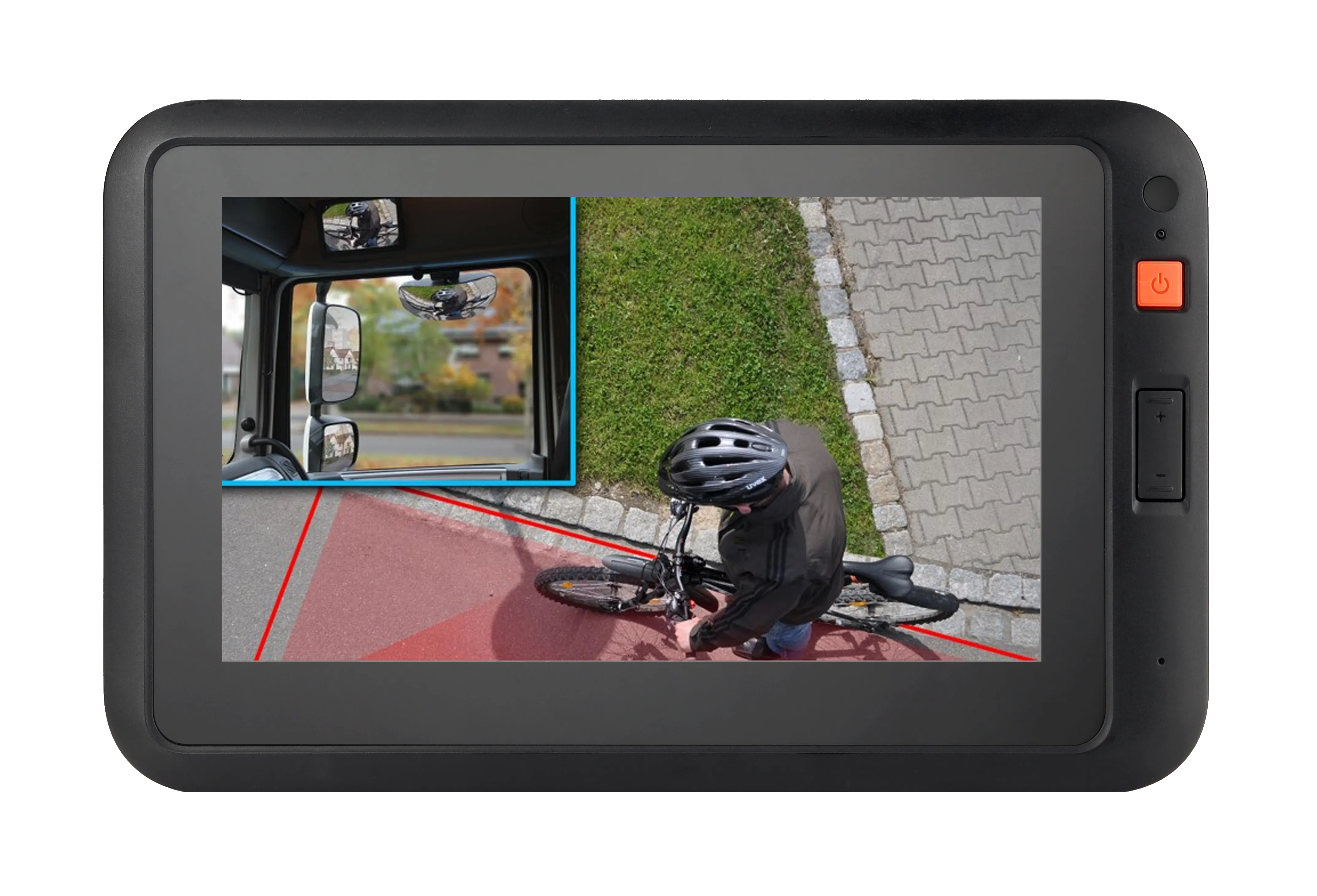A truck safety solution developed by Volvo Trucks is said to minimise the risks posed to trucks with trailers by slippery winter roads and downhill gradients.
Stretch Brake automatically retards the trailer and straightens up the rig on slippery downhill stretches. Stretch Brake is a complement to the rig’s electronic stability program (ESP), another system introduced by Volvo Trucks. While ESP is at its most effective at higher speeds, Stretch Brake is only operational at speeds below 40 km/h. Both syst
December 20, 2013
Read time: 2 mins
A truck safety solution developed by 5874 Volvo Trucks is said to minimise the risks posed to trucks with trailers by slippery winter roads and downhill gradients.
Stretch Brake automatically retards the trailer and straightens up the rig on slippery downhill stretches. Stretch Brake is a complement to the rig’s electronic stability program (ESP), another system introduced by Volvo Trucks. While ESP is at its most effective at higher speeds, Stretch Brake is only operational at speeds below 40 km/h. Both systems contribute to better stability and easier steering.
According to Mats Sabelstrom, brake specialist for Volvo Trucks, Stretch Brake is a kind of low-speed ESP. As the rig approaches a downhill slope, the driver manually activates the system. When he then releases the accelerator, the brakes on the trailer are automatically applied in a pulsated mode all the way down the hill until the gradient levels out and speed can once again be increased.
“Even if the truck driver ultimately manages to control the situation, it can be extremely unpleasant both for oncoming road users and the truck driver, if a rig suddenly veers off its intended course on a downhill gradient,” says Sabelström.
“About 15 percent of the total of 30,000 serious road accidents in Europe every year involve trucks, in a slightly declining trend. With effective brakes, stability systems and collision warning systems we are already helping drivers avoid risky situations in difficult conditions. Stretch Brake is yet another important part of our long-term drive to increase traffic safety and minimise the number of accidents involving trucks,” says Carl Johan Almqvist, Traffic and Product Safety director at Volvo Trucks.
Stretch Brake was introduced in 2012 on Volvo FH trucks pulling drawbar trailers and in 2013 on Volvo FM trucks pulling drawbar trailers. In 2014 it will also become available for Volvo FH and FM semi-trailer rigs.
Stretch Brake automatically retards the trailer and straightens up the rig on slippery downhill stretches. Stretch Brake is a complement to the rig’s electronic stability program (ESP), another system introduced by Volvo Trucks. While ESP is at its most effective at higher speeds, Stretch Brake is only operational at speeds below 40 km/h. Both systems contribute to better stability and easier steering.
According to Mats Sabelstrom, brake specialist for Volvo Trucks, Stretch Brake is a kind of low-speed ESP. As the rig approaches a downhill slope, the driver manually activates the system. When he then releases the accelerator, the brakes on the trailer are automatically applied in a pulsated mode all the way down the hill until the gradient levels out and speed can once again be increased.
“Even if the truck driver ultimately manages to control the situation, it can be extremely unpleasant both for oncoming road users and the truck driver, if a rig suddenly veers off its intended course on a downhill gradient,” says Sabelström.
“About 15 percent of the total of 30,000 serious road accidents in Europe every year involve trucks, in a slightly declining trend. With effective brakes, stability systems and collision warning systems we are already helping drivers avoid risky situations in difficult conditions. Stretch Brake is yet another important part of our long-term drive to increase traffic safety and minimise the number of accidents involving trucks,” says Carl Johan Almqvist, Traffic and Product Safety director at Volvo Trucks.
Stretch Brake was introduced in 2012 on Volvo FH trucks pulling drawbar trailers and in 2013 on Volvo FM trucks pulling drawbar trailers. In 2014 it will also become available for Volvo FH and FM semi-trailer rigs.







